
 The SFFaudio Podcast #263 – The Colour Out Of Space by H.P. Lovecraft, read by Donal Buckley. This is a complete and unabridged reading of the short story (68 minutes) followed by a discussion of it. Participants in the discussion include Jesse, Mirko, and Huan Vu (the director of the movie adaptation, Die Farbe).
The SFFaudio Podcast #263 – The Colour Out Of Space by H.P. Lovecraft, read by Donal Buckley. This is a complete and unabridged reading of the short story (68 minutes) followed by a discussion of it. Participants in the discussion include Jesse, Mirko, and Huan Vu (the director of the movie adaptation, Die Farbe).
Talked about on today’s show:
Arkham Insiders, Die Farbe (aka The Color), The Atlanta Radio Theatre Company adaptation, The H.P.L.H.S., Die Farbe gets a shout-out in the Dark Adventure Radio Theater adaptation, the novella/novelette, Amazing Stories, September 1927, science fiction and horror together, The Whisperer In Darkness, the framing story, American soldiers running away from the colour, unjustified punishment, cosmic horror, pre-WWII Germany, the symbology, the endings, mind control, zombie ants, parasites, the science of The Colour Out Of Space, The H.P. Lovecraft Literary Podcast, a pocket spectroscope, how do we see a new color?, discovering a new color, infra-red light, the blind and the colorblind, the black and white, film doing something an audio drama never could, a companion piece to The Whisperer In Darkness, the wasp, Formicula (aka Them!), an explanation for what the colour is, The Voice In The Night by William Hope Hodgson, anthropocentric aliens, an analogy, is The Colour Of Of Space SF?, alien flapjacks, spores, a sentient cloud of gas, “the Horla” (woops I mean the Horta), Star Trek‘s The Devil In The Dark, an alien (in much of SF is really about people), alien aliens, a corrective, John W. Campbell Who Goes There?, The Thing, whose who and whats what, it’s insidious, what will happen when you flood that valley?, Arkham Springs water, fear of radiation, a nuclear contamination story, “the blasted heat” is like Chernobyl, Macbeth, the meteor, dry ice, too creepy for night reading, Lovecraft’s opinion, The Willows by Algernon Blackwood, alien mind control, stealthy listening, the horror in the attic, The White People by Arthur Machen, the comic undercutting in The Dreams In The Witch-House, a mood study, Die Farbe is a wonderful adaptation of The Colour Out Of Space, the changes in the film version, the character names, Robert M. Price, a biblical reading of The Colour Out Of Space, He Am Himself, comets, reproduction, Monsters, cosmic bug spray, expanding your perspective, From Beyond, the running time, the chosen colour, Schindler’s List, you shouldn’t make evil that colour, taupe?, khaki?, a striking contrast, Sin City, color theory, signal colors, Ancient Greece, The Odyssey, “the wine dark sea”, “rosy fingered dawn”, what if my blue is your red?”, science over experience, dark matter/dark energy are placeholder words, science is mostly failure, “not optimistic at all”, if this happened in reality, the way out, The Dream Cycle Stories, going to The Dreamlands, Celephaïs by H.P. Lovecraft, To A Dreamer by H.P. Lovecraft, it’s not horror, The Dream-Quest For Unknown Kadath by H.P. Lovecraft, Lovecraft isn’t only horror, the IndieGoGo page for The Dream-Lands, The-Dreamlands.com, Die-Farbe.com, Gary Lovisi, the matchmaker.
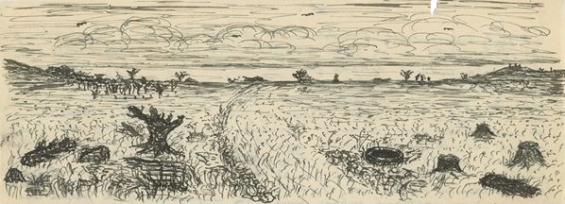

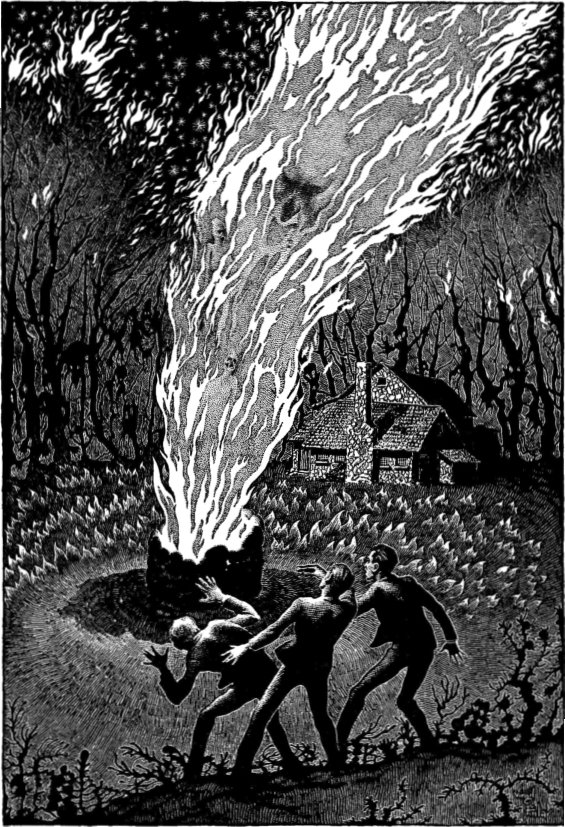
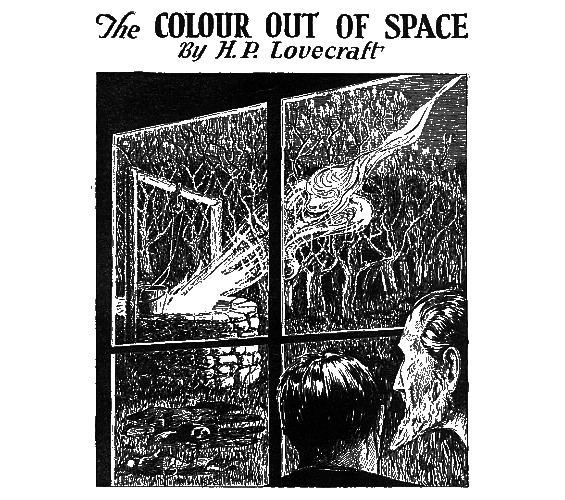
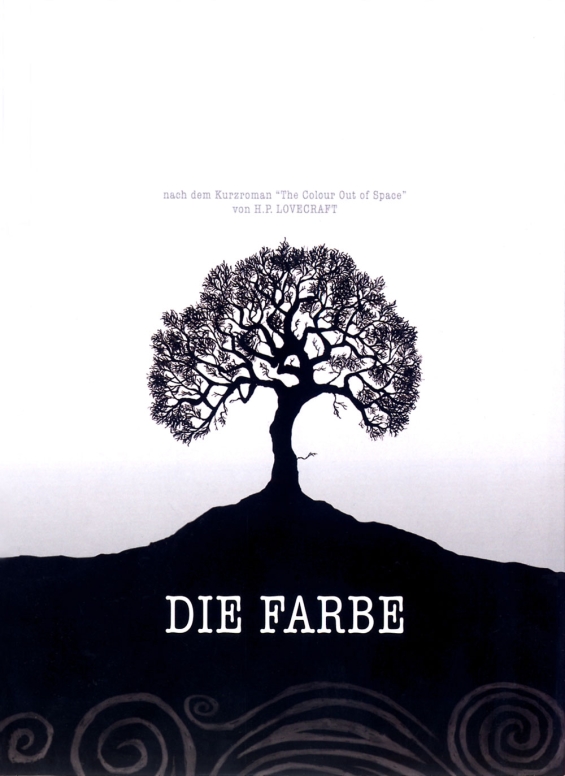
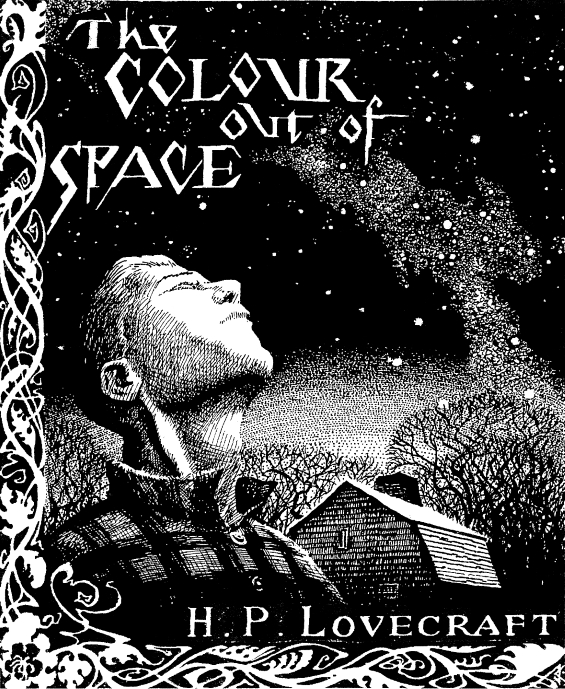
Posted by Jesse Willis

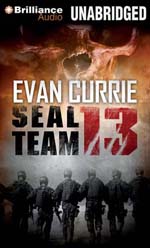 Seal Team 13
Seal Team 13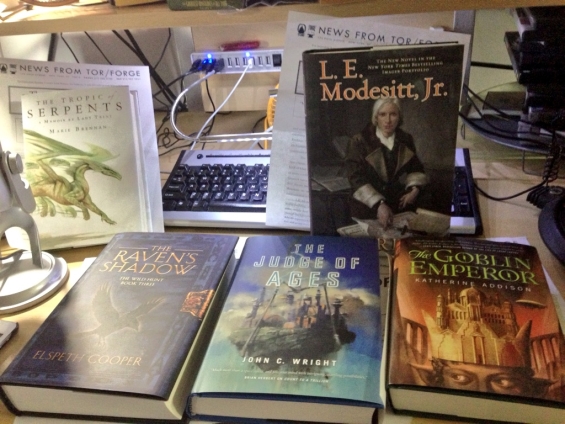
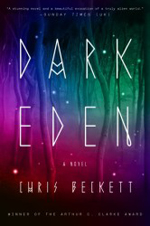 Dark Eden (Dark Eden #1)
Dark Eden (Dark Eden #1)